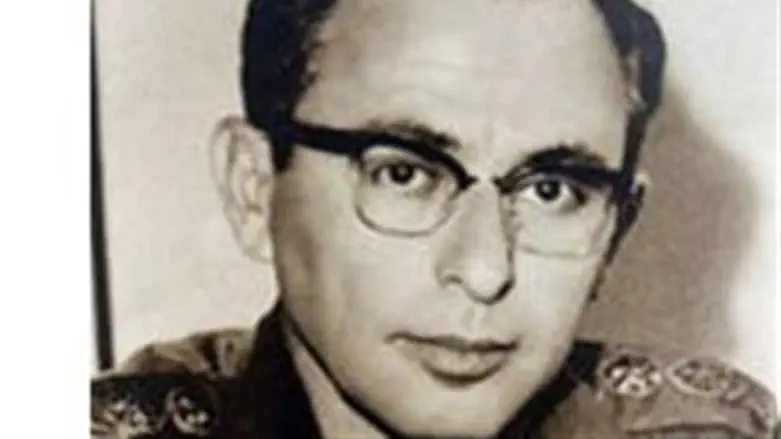
This past Fridaymarked the sixth anniversary of the death of Israel’s sixth IDF Chief of Staff, Tzvi Tzur – sometimes known as “the Invisible.”
Tzur served as Chief of Staff from 1961 until 1964 – a period when Israel fought no wars. This might explain why Tzur is so sparsely known, says military historian Dr. Uri Milstein.
Speaking withArutz-7’s Shimon Cohen, Milstein said, “When Tzur was in the Givati brigade, he was involved in many incidents on the Egyptian front, but in those days, the tone in the IDF was set by Paratroopers Brigade 101, Arik Sharon’s unit; Tzur was not in that group. He was close to Ben-Gurion, and when [Chaim] Laskov was forced to resign [following differences with then-Deputy Defense Minister Shimon Peres, who was also close with Ben-Gurion – ed.], Tzur was named Chief of Staff.”
Born in 1923 in Zaslav, Russia, he immigrated to Israel with his parents at the age of 2. He joined the Haganah in 1939, and was arrested and imprisoned for two months by the British during what became known as Black Sabbath – a June 1946 mass raid of Haganah strongholds in which the British used 17,000 soldiers to place five Jewish cities under curfew, 30 kibbutzim and other communities under siege, arrest hundreds of Jewish leaders,and search for and find ammunition and weapons. The Hagana received advance word of the operation from Tzvi Zehavi, who was tipped off by a British officer; at great personal risk, Zehavi got the word out, enabling many Jewish leaders to avoid arrest and hide weapons and ammunition. In response to this massive raid, the Etzel carried out the King David Hotel bombing three weeks later.
Tzvi Tzur is considered one of those who built the IDF, “though Yitzchak Rabin received more credit – unjustifiably so, in my opinion,” Milstein said. “The period before the Six Day War was quiet from a security standpoint, and it was not utilized fully for preparations. We didn’t sufficiently understand war, army, and who were our opponents in the Middle East.”